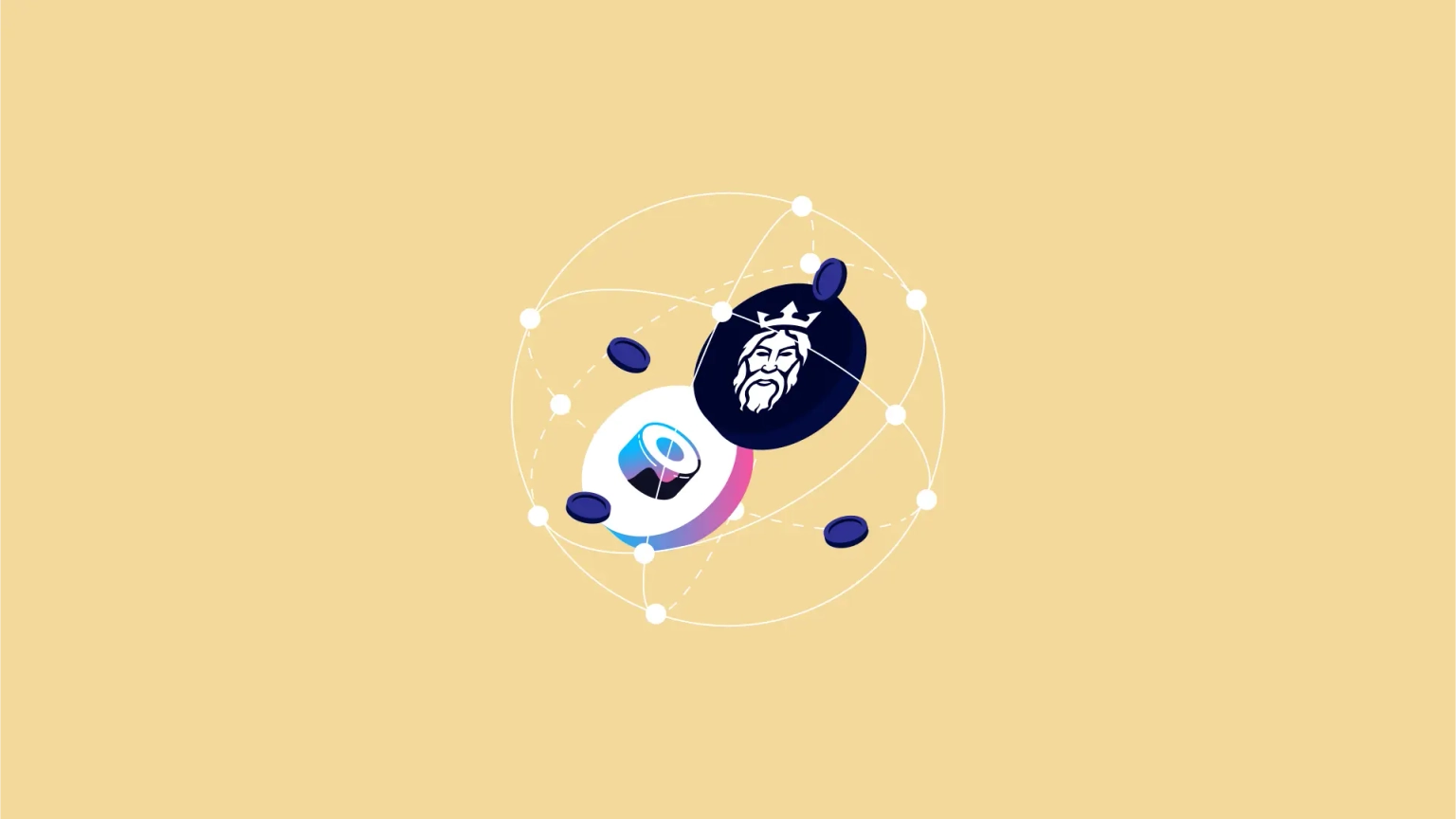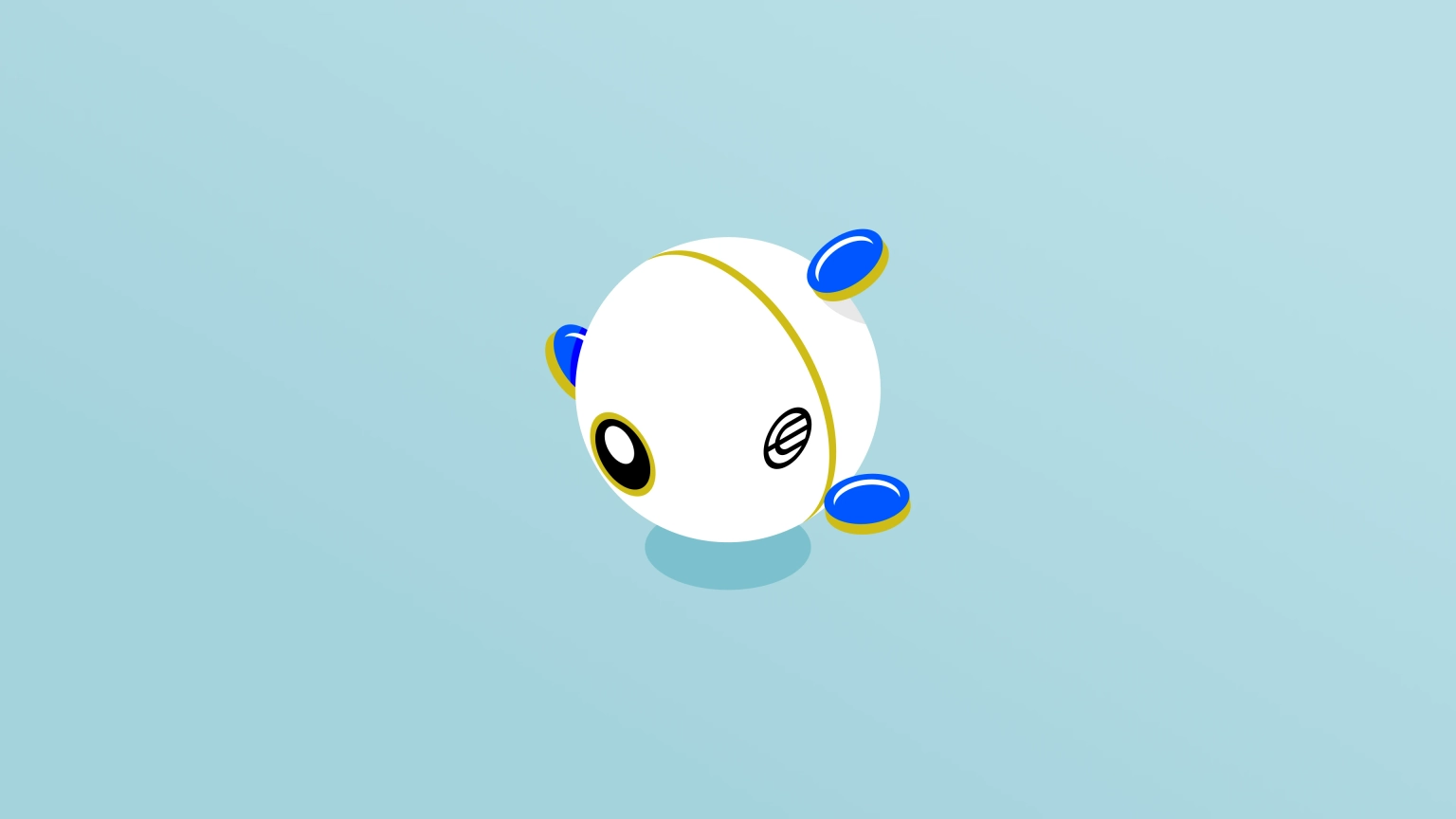
Collaboration between Neptune Mutual and SushiSwap
Explore Neptune Mutual's ongoing collaboration with SushiSwap offering several benefits.
Youtube Video
Playing the video that you've selected below in an iframe

Understand Worldcoin and how it distinguishes humans from bots on online platforms.
Artificial Intelligence (AI) and machine learning (ML) have the potential to ease processes, help humans save time, and become more creative. In Web3, AI has been becoming important for automating processes, improving efficiency, analyzing data, and strengthening security.
However, these AI advancements come with a cost. These days, anyone can find an abundance of AI tools that generate pictures, mimic voices, and replicate facial features. It has gotten to the point that it can surpass biometric authenticators and security systems.
Deepfakes and frauds are some of the issues that have arisen due to such impersonations. Worldcoin, a new blockchain project, aims to reduce that risk by introducing a unique and robust way of verifying users.
In this post, we’ll cover everything you need to know about Worldcoin, including its benefits, workings, and privacy concerns.
Worldcoin is an emerging decentralized protocol offering a unique method for user identification. It uses scans of the human eyes to determine the proof of personhood. Digital platforms, apps, or programs can use Worldcoin to verify that a user interacting on their platform is actually a human and not a bot or an AI program.
The platform is developed by Sam Altman, the CEO of OpenAI, along with Alex Blania and Max Novendstern. The project took them two years to complete. It uses blockchain technology in combination with AI to create unique identifiers from human eyes and store them on blockchains.
Worldcoin is decentralized, meaning there’s no centralized governing body operating the platforms, but it runs autonomously, and users can participate in protocol decisions.
The initial launch of Worldcoin was well received. In the testing phases, 150,000 people lined up in Spain to verify their IDs, and pop-up scanner sites in France and Brazil were also popular.
The idea behind the Worldcoin platform is simple. Users are invited to sign up for a digital wallet and have their iris scanned by a device known as an Orb. The Orbs don’t store the actual iris scan but generate a hash based on the users’ iris patterns called IrisHash. The IrisHash is then stored on a decentralized blockchain.
Each person has distinct irises, which is the key to creating unique identifiers. The Orb generates a special identifying code with respect to the person's iris structure when scanned. Along with creating distinctive identifying codes, the scans are also kept anonymous to prevent the users from being traced.Users receive the Worldcoin token ($WLD) in return for providing an iris scan. Once a user has provided their iris scan, their Worldcoin wallet serves as a digital ID.
After successful registration, the platform issues a World ID, a unique digital passport or identification. Users don't have to keep having their eyeballs re-scanned whenever there's a need to identify themselves on digital platforms. They can simply use their World ID to authenticate their proof of personhood. This makes Worldcoin a step up over other biometric systems in some ways. It offers the convenience of an authenticator app while providing reassurance to online platforms that the user is a human.
Worldcoin is a fairly new technology, and it has received mixed reviews from blockchain leaders, users, and enthusiasts.
On the surface, Worldcoin is an interesting idea. It gives service providers reassurance that accounts on their platform are tied to real humans. However, not everyone is enthusiastic about the idea of providing a scan of their iris in return for a crypto token.
Here are some of the issues with Worldcoin that need to be acknowledged.
Worldcoin aims to set up 1,500 Orbs worldwide to allow people to sign up for their service. That's not enough to ensure mass adoption. Those who live in rural areas and are unable to travel will be locked out of the platform.
If "proof of humanity" becomes required to access certain services, those who are unable to join Worldcoin would become second-class citizens. So, implementing the service worldwide is a concern that the platform should acknowledge.
Worldcoin claims that the biometric iris scans are not saved; they’re either deleted or encrypted after the IrisHash is generated. However, there’s no way of confirming it besides trusting the platform.
If the biometric data is secretly traded or shared with other agencies, no one would know about it. Plus, the iris scan could be used to get access to their respective Worldcoin wallets without the owner’s knowledge.
As expressed by Vitalik, at the very least, people can scan someone’s iris and check it against the database to find out if they already have their World ID created.
Vitalik Buterin has also expressed other concerns about the system, noting that the scanners have the potential to learn more about a person than just what their eyeballs look like. The system could capture details such as a person's sex, ethnicity, and details of some medical conditions without their knowledge. In a world where people are becoming increasingly privacy-conscious, it's normal for people to be concerned about handing over such information to a relatively unknown third party.
Another concern is the reliability of the scanners. If the Worldcoin Orbs can be tricked into accepting "scans" of AI-generated irises or otherwise 'fake' eyeballs, it would become possible for malicious actors to generate millions of supposedly human accounts, making the use of Worldcoin as a protection against bots worthless.
There's also the possibility of humans either losing their Worldcoin wallets, having them hacked, or selling their accounts to malicious actors who could use them for fraudulent purposes. This sort of thing already happens with underground markets for traditional ID documents, and in some ways, the use of a digital wallet makes selling IDs easier.
On paper, Worldcoin is an interesting idea, but Vitalik raises valid concerns. The underlying issue here is one of human nature. It's common for computer scientists to try to solve human issues with code. Vitalik's own mantra of "code is law" is an example of this. Unfortunately, computers can only respond to the data they're fed. If humans choose to feed garbage into a computer system, deliberately or otherwise, the response will be based on that garbage.
AI is definitely going to change the way humans live and work, and we will need to learn ways to recognize or avoid AI astroturfing campaigns and scams. Technical solutions may be a part of this, but education is also important.
Worldcoin is still a new platform, and it's unclear how many companies will start using the World ID as a way of verifying users. Whether you choose to trust Worldcoin with your iris scan is a personal decision, and you should give it proper thought.
Worldcoin has the potential to be the go-to tool for identifying humans and preventing bot activity on digital platforms. It aims for everyone to be a part of the global economy, regardless of their background.
As discussed earlier, Worldcoin possesses some concerns with privacy, security, and implementation. If the platform is secure and decentralized, as the company claims it to be, then adopting it won’t be a problem.
When it comes to security and privacy, it’s something Neptune Mutual is passionate about. At Neptune Mutual, we provide parametric insurance coverage to protect users’ funds. You can check our cover marketplace, find a cover pool appropriate for your funds, and purchase a policy.
Reach out to us if you want to create a cover pool for your project in our marketplace to protect your community. Right now, we are available in Ethereum, Arbitrum, and BNB Smart Chain.